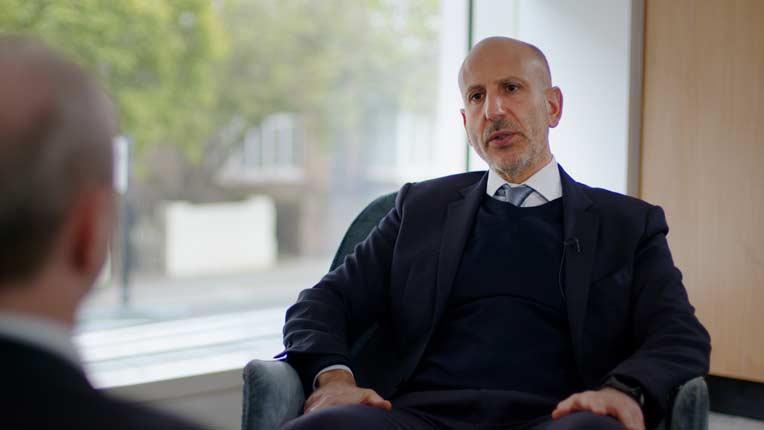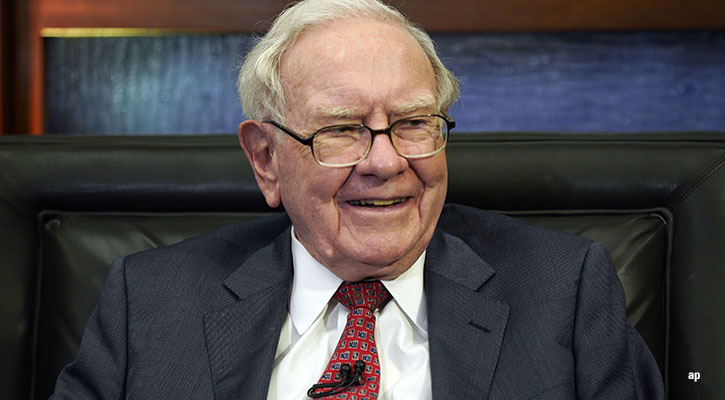The contrast between trading statements from Topps Tiles (TPT) and Carpetright (CPR) was quite stark. While they are not direct competitors, they both tend to do well when the housing market is moving and people spend money doing up their homes so a comparison is valid.
Topps reported a strong recovery in sales that will lead to improved profits for the current year. For the first half to 29 March, like-for-like sales rose 10% and underlying profits almost doubled. Sales staff will have to be paid bigger bonuses but if that motivates them to put in this sort of performance then shareholders won’t worry.
The next day Carpetright issued its third profit warning in six months, partly because of slower than expected recovery in its UK sales. Like-for-like sales were up just 0.2% in the past eight weeks compared with 1.9% in the previous 13. For good measure, Carpetright’s Dutch operations are also struggling.
What is really worrying is that Lord Harris, the founder and driving force, came back out of retirement to rescue the struggling company. If even he cannot do the trick, who can?
Topps Tiles shares have doubled over the past year and the yield is now only around 1.3% based on last year’s dividend, though the payout will almost certainly increase this year. Even so, at least it is a yield, which is more than you will get at Carpetright.
Lord Harris’s outfit saw its shares slump on the profit warning but they have bounced back since and are still well up on December’s levels. That surely represents a chance to get out.
While Topps Tiles and Carpetright demonstrate the importance of remembering that companies in the same sector can produce wildly different performances, trading updates from TUI and Thomas Cook painted a similar picture to each other.
The detail varied a little, but the best one can say is that there are no unpleasant surprises. Bookings are pretty much in line with last year despite the impact of cancellations in travel to Egypt, where political upheavals continue. Selling prices are edging up, but not dramatically. Progress is slow.
Shares in both companies have moved progressively higher over the past 12 months and I don’t feel tempted to buy either. If I had to make a choice, I would not hesitate to go for TUI, which offers a yield of 3.2%. Although Cook is on the mend under new chief executive Harriet Green, there is no dividend on the horizon and much will depend on the crucial summer period in which holiday providers make their profits.
Retail rivals Next (NXT) and Marks & Spencer (MKS) are another aspect of rivalry. Over the years one has tended to benefit at the expense of the other and there is no doubt that Next is currently in the ascendancy. Its profits are now ahead of M&S and so is its stock market capitalisation.
Investors should, however, be cautious of buying into Next at this stage. It is probably too late. The shares have risen 450% since the financial crisis, far outstripping M&S. The yield is only 2% while Marks is nearly double. Next is on a more demanding PE top side of 20.
I can’t see M&S fighting back yet. The successful food side is carrying clothing and home, otherwise the gap with Next would be much wider. However, history suggests that M&S will come back one day and Next shareholders should be wary of being caught napping.
Small Mercies for Lloyds
The shadow that hangs over Lloyds Bank (LLOY) shares, namely the government holding, has just got shorter. A second tranche of shares, equal to 7.5% of the issued capital, was sold at 75.5p each, fractionally better than the first sale in September.
That means the government has offloaded just over a third of the stake it was forced to acquire in the bank bailout, and has done so without depressing the share price. The government has promised not to sell any more shares for three months to allow the market to digest this latest batch. If, as is expected, the next tranche is made through a general offer to the public it is just possible that the stake will be reduced to zero.
The overhang, now down to 25%, will continue to put a lid on the Lloyds share price but the good news is that, despite a slippage of 3.5p this week after the sale went through below the prevailing stock market price of 79p, the shares are generally holding up well. They are worth buying on any dips.






























